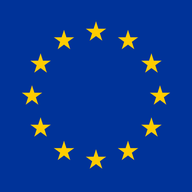
Sanctions, Cyber Resilience and Other Hot Topics - Our EU Regulation Update November 2023
• 10 min read
This is the latest in an ongoing series in which we give a brief overview of the most pertinent digital policies for the RIPE NCC and RIPE community currently being proposed, debated and implemented in the European Union.


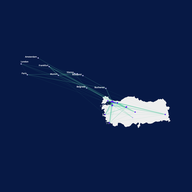

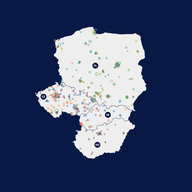
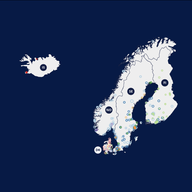

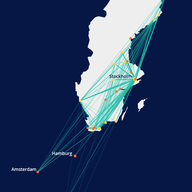
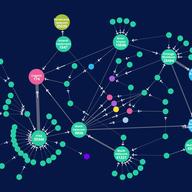
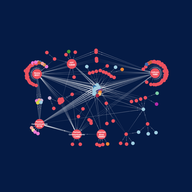
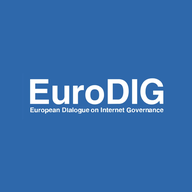

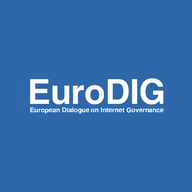
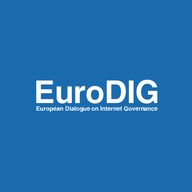


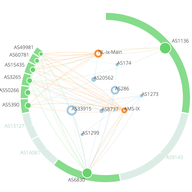



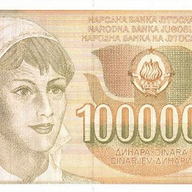

“Dear Suzanne, Congratulation for this country report. We would like to kindly contact you (or the technical team) for obtaining some information about RIPE databases, and how some of the information in the Germany report could be obtained using your APIs. Could it be possible?”
Hi Alvaro, thanks! The Germany Country Report was a special project that required a lot of manual digging through our data, so a lot of the data isn't easily accessible via our APIs, but I can put you in touch with the data analysts if you have specific questions. You can get in touch at labs@ripe.net
“Great work, thanks! Could you please have a look on Austria and Switzerland next?”
Thanks for your feedback, Dominik, and we're glad you found the report interesting! We're currently looking into which countries (or topics) we'll focus on next, so stay tuned.
Hi Andreas, Thanks for your interest in the report. The left side of the transfers graphic indeed represents the transfer of IPv4 addresses from those countries into Germany, and the right side represents IPv4 addresses that were transferred from Germany to other countries. So even though transfers (totalling 395,520 addresses) were made from the US to Germany, other transfers (totalling 23,552 addresses) were also made from Germany to the US. Transfers within Germany (the thick yellow block at the top of the graphic) represent all the transfers that were made between two different Germany entities. So even though they count as transfers, the addresses remain in the country. The EU designation is indeed a bit confusing. Mapping IP addresses to countries is tricky. For this graphic, we used the public delegation records. This isn’t perfect, as the country codes do not necessarily indicate where a resource is used, but it's the best we have for statistical purposes. For various reasons, some resources are listed as belonging to the EU rather than a specific country - for example, if they belong to a network that operates internationally. I hope that answers your questions, but please let me know if you'd like more information! Best regards, Suzanne Taylor
“Suzanne, We had IPv6 mints in Budapest. May we hope for blockchain chocolates at a future RIPE meeting? :--)”
You'll have to come to RIPE 75 to find out ;)
Showing 4 comment(s)